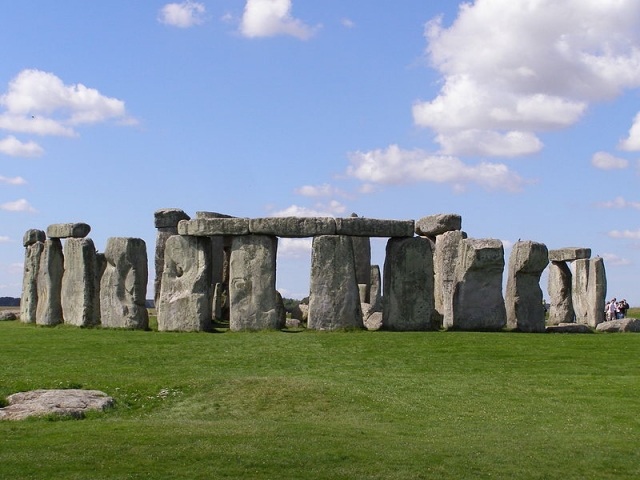Curriculum

In this section we have divided all our articles, resources, podcasts, lesson plans, schemes of work and guides by period to provide subject knowledge and guidance that will enable you to cover all areas of the curriculum.
The Stone Age to the Iron Age - from the early settlers in Britain & Ireland, hunter gatherers, farmers, Stonehenge, the Bronze Age, hill forts, tribal Kingdoms and much more...
Ancient Civilisations - covering Ancient Greece, Rome, Egypt, Mesopotamia, Persia, the Indus Valley and China.

Roman Britain - from Julius Caesar's attempted invasion in 55-54BC, the early influence of the Empire, the successful invasion by Claudius, conquest and Hadrian's Wall to British resistance, Romanisation and the fall of the Roman Empire.
The Anglo-Saxons, Vikings & the Normans - From the Roman withdrawal in c AD 410, the Scots and Anglo-Saxon invasions of Britain and Christian conversion to Alfred, the arrival of the Vikings, unification in England and the Norman invasion.
Local History - resources to help you doing a depth study on local history with your class and also to help you teach about significant historical events, people and places in your own locality.

World Study - resources to help you with a World Study. These have been split by contintent - Africa, the Middle East, Asia and Latin/South America.
Beyond 1066 - themes - Resources designed to help you study an aspect or theme in British history that extends pupils' chronological knowledge beyond 1066
Individuals & Events - resources to help you teach about significant individuals who have contributed to national and international achievements.
Living Memory - resources designed to help you teach about changes within living memory.
The Global Learning Programme is a ground-breaking new programme which will create a national network of like-minded schools, committed to equipping their students to make a positive contribution to a globalised world by helping their teachers to deliver effective teaching and learning about development and global issues at Key Stages 2 and 3.

